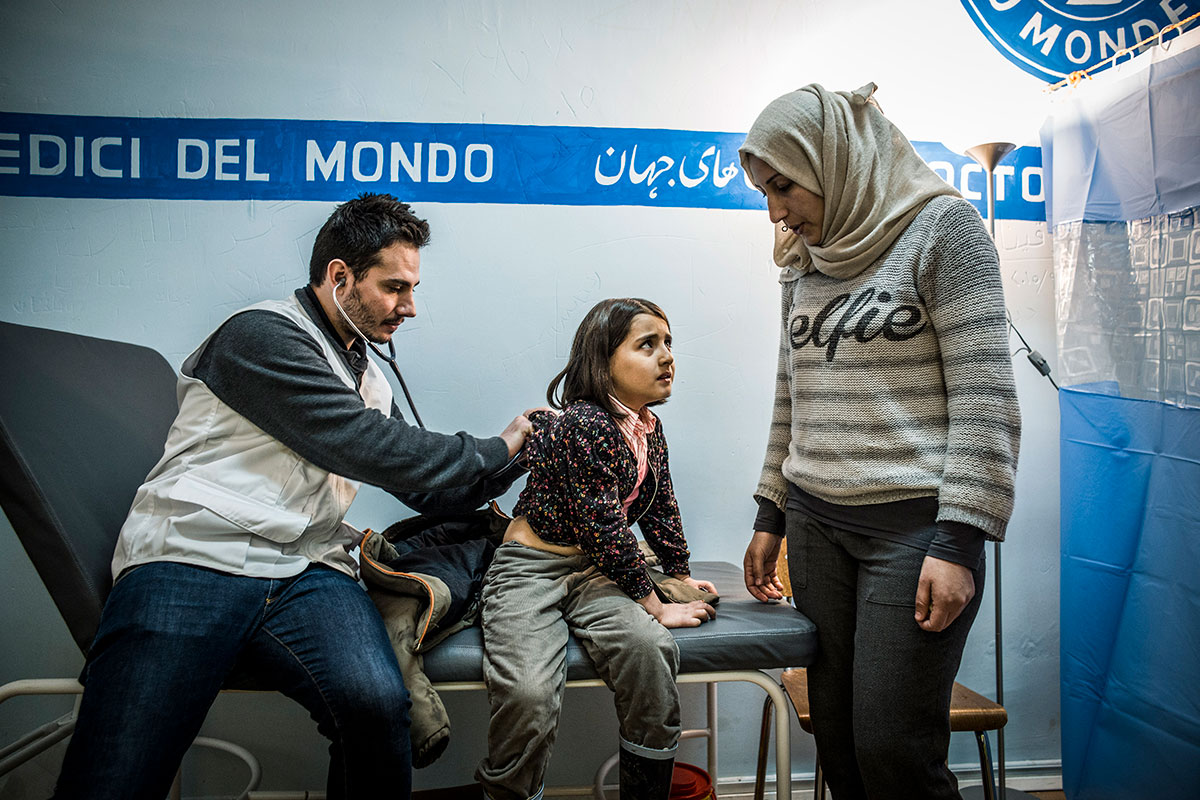Aid agencies are to begin responding to new and emergent humanitarian crises involving migrants* in Africa through a new phase of the Start Network’s Migration Emergency Response Fund (MERF). The fund is financed as part of a wider UK Aid funded response, which includes UNICEF and International Organisation for Migration (IOM) and sees the Start Network as part of a consortium with the Danish Refugee Council (DRC) and the International Rescue Committee (IRC).
The £3.3 million support has been announced as part of the UK Aid strategy for humanitarian aid which stresses the importance of addressing and understanding the needs of migrants and the need to work towards improving migration response within the humanitarian system itself. An additional £275,000 will be made available for Collaborative Information Collection and Analysis (CICA) grants for needs assessments and evidence building.
The new phase of the MERF is focused entirely on Africa and members of the Start Network can now respond to acute needs along the migration route. The fund is filling critical gaps in migration response within the continent, with funding on its way to members as quickly as 72 hours of an alert first being raised.
Consortium lead DRC and 21 of the Start Network’s members and their partners present in the region, will take the lead in identifying new and emergent humanitarian needs among migrants in 11 countries: Algeria, Burkina Faso, Cameroon, Chad, Egypt, Libya, Mali, Morocco, Niger, Sudan and Tunisia. They will be able to draw on the fund to:
- Provide immediate and basic life-saving support to new or unforeseen needs such as; clothing, soap, toothpaste and nappies for new-born babies.
- Identify gaps in response that are currently not being covered by International Non-Governmental Organisations (INGOs) in the area, such as a lack of medical support or food security.
- Respond to the needs of emerging vulnerable groups not covered in on-going programmes, for example unaccompanied children, pregnant women and people living with disabilities.
The MERF was initiated by the Start Network in 2017 in response to the ongoing migration crisis. Funded by UK Aid, MERF ran over a period of 12 months in Europe and Africa. Since the period, MERF responded to the needs of 42,332 people across four countries.
Examples of MERF projects implemented between January to December 2017, include:
- Helping refugees and migrants in Libya access resources, housing and healthcare.
- Providing essential items to refugees and migrants living in makeshift camps, during Serbia’s bitter winter
The graphics below give an overview of the MERF since January 2017:
MERF is an initiative of the Start Network, a global network of aid agencies working to deliver more effective aid, harnessing the power and knowledge of the network to make faster and better decisions to help people affected by crisis.
“The MERF is about getting NGOs the funding they need to help people quickly, whether it’s children traveling alone, pregnant mothers, or other vulnerable groups. It’s designed to be flexible and dynamic, so that NGOs on the ground can determine the needs and respond. Through stronger coordination and regular contextual analysis, I hope we will be able to reach more people in more countries during this new phase of the MERF."
Melina Koutsis, MERF Regional Coordinator.
*“Migrant” is used as an umbrella term in this document and includes any population on the move, including refugees, asylum seeker and migrants. Please read this piece on definitions between refugees and migrants.
Further resources on the MERF are available to read online:
- MERF Annual Report 2017.
- Read project studies from MERF alerts in 2017:

